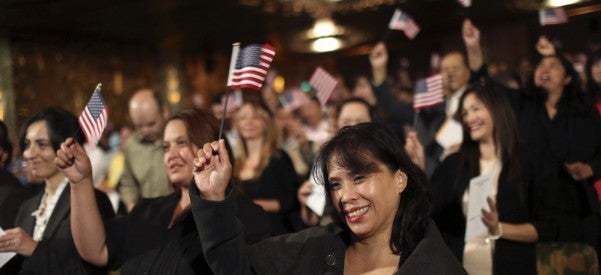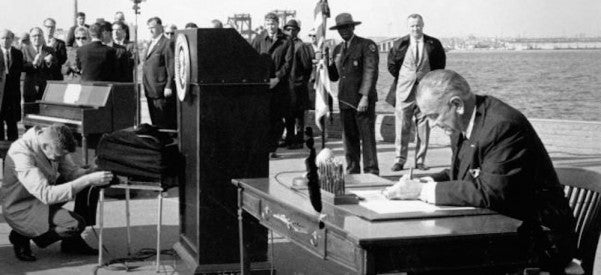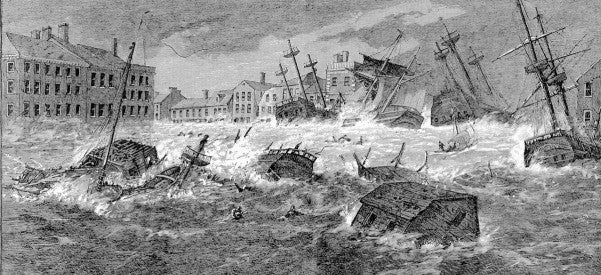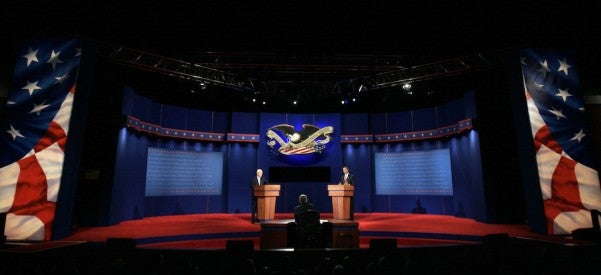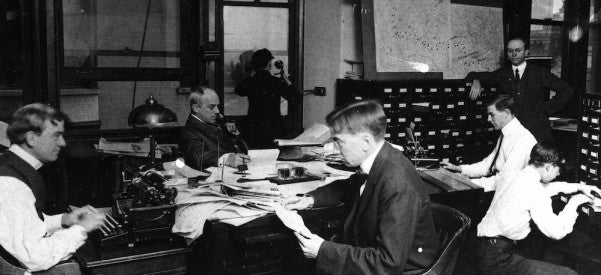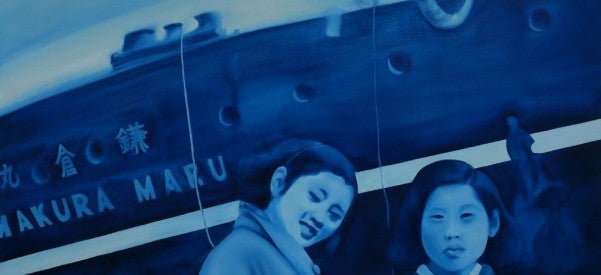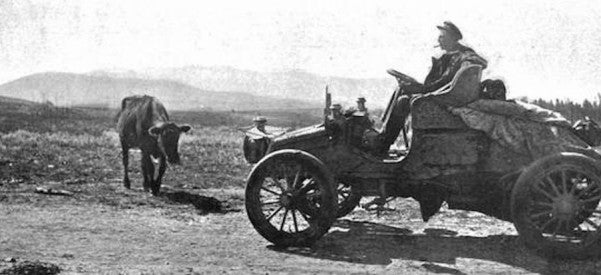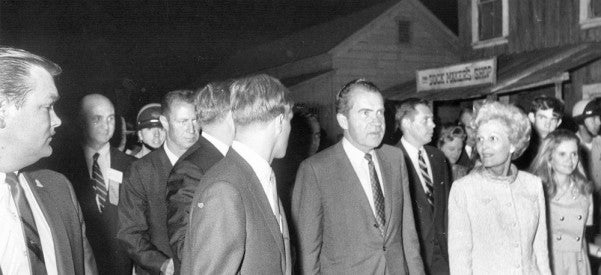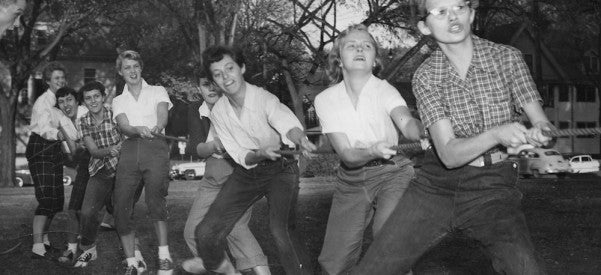America’s Immigration Policy Needs Less Emotion and More Reason
U.S. Policymaking Should Be Rooted in Geographic, Demographic, and Economic Considerations, Not in Our Hopes and Fears
Whether you agree or disagree with America’s current or past immigration policies, it’s hard not to shake your head at one distinctively American aspect of immigration policymaking—how it tends to disregard social and economic dynamics that drive migratory flows and patterns. America’s immigration policy seems to be set in some aspirational abstract, focused on the type of country we want to be, but detached from real-world considerations.
Such was the case in 1965 when Congress undertook a major overhaul of …


